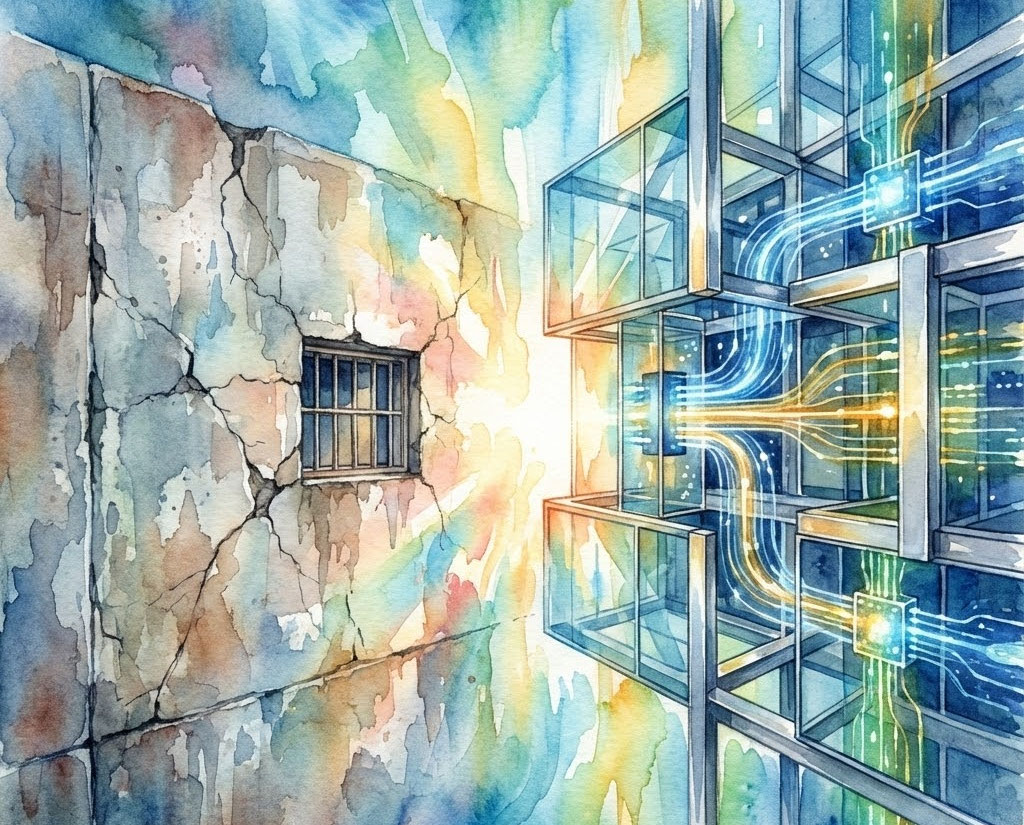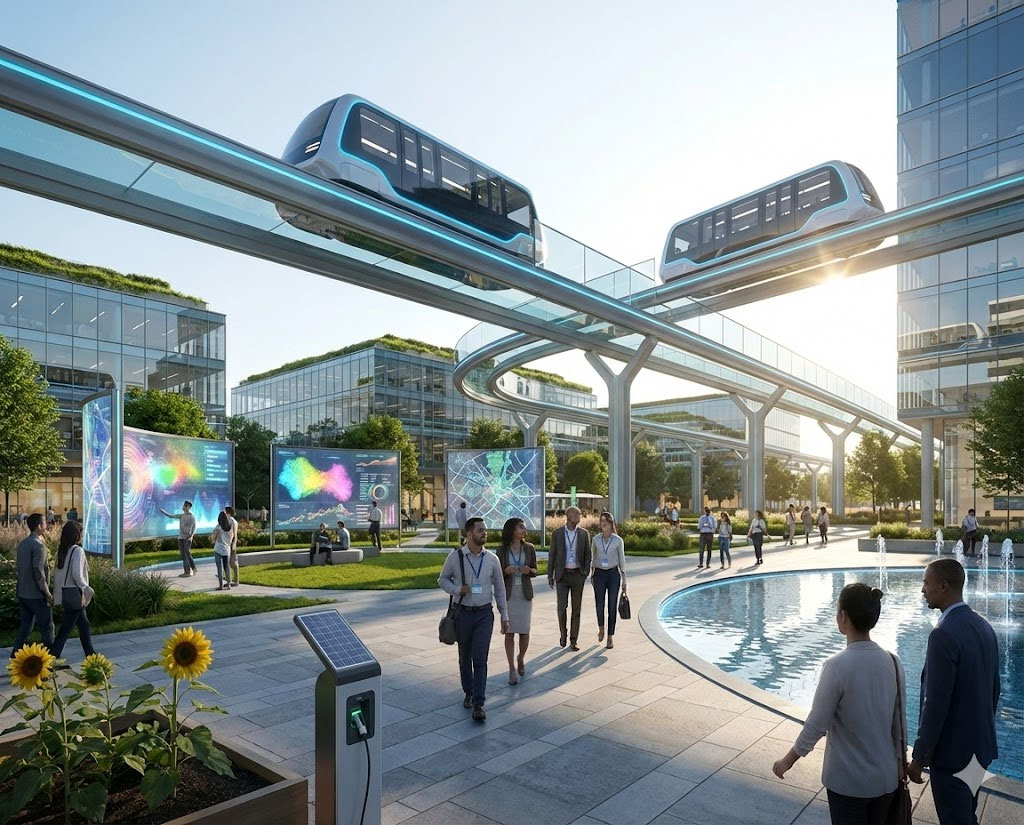
With the advent of the fourth industrial revolution and the stir of the global pandemic, working conditions have undergone massive change. As we slowly create and define the future of work, here are five trends to keep in mind.
1. Automation
Instead of replacing employees, the future of work will use new technologies and automation to improve the efficiency and effectiveness of teams. By automating tasks and different functions, teams can re-shift their focus onto more strategic and productive tasks that allow for heightened growth, collaboration, and success. Moving forward, companies will focus on implementing automation into their workflow and encouraging teams to use these new technologies to develop better and more accurate work.
2. Schedule Flexibility
As we have grown accustomed to working from home, we are also accustomed to altering our work schedules to accommodate our other responsibilities. Whether that be working earlier in the morning to find some quiet from family noise or working later in the night to make up for a mid-day grocery shop, employees are adapting their work schedules to align with their lives. Moving forward work schedules will likely become more flexible, with employees having some ownership over which hours they choose to be present.
3. Crowdsourcing & the Gig Economy
As the world changes, so do our talent requirements. To accommodate any talent shortcomings that arise with new projects, businesses are leveraging crowdsourcing and the gig economy. Utilizing these talent sources allows companies to develop a scalable workforce that can be customized and personalized for each project and client. Beyond scalability, freelancers are also more affordable than hiring a full-time staff member and allow companies to take on a more diverse set of projects and extend their expertise.
4. Holistic Success
We are more than an employee. Never has this statement held more weight than after a year of at-home zoom calls that offered intimate glances into people’s homes and families.
As we grow to see employees as more than just co-workers, creating working environments that offer mental, emotional, and physical support along with professional development will be crucial. Employees expect to be treated as humans and be encouraged and supported in achieving holistic success that extends beyond their professional performance.
5. Remote Work
Throughout the pandemic, many of us have learned that we prefer a virtual work environment. We’ve also learned that working remotely does not impact our quality of work or our relationships with co-workers. As a result, many companies are choosing to continue with partial or fully remote working environments post-pandemic.
If your company is considering making the transition to a permanently virtual workforce, listen to our webinar for some tips and tricks to make the transition as smooth as possible.
Whatever the future may hold, one thing we can know for sure is that working conditions will never be as they once were. Employees and employers alike have developed new tools, new resources, and new preferences, and these aspects will shape and define the future of work in an original way.








